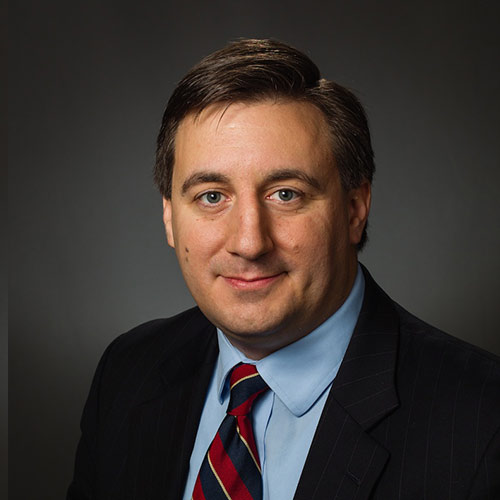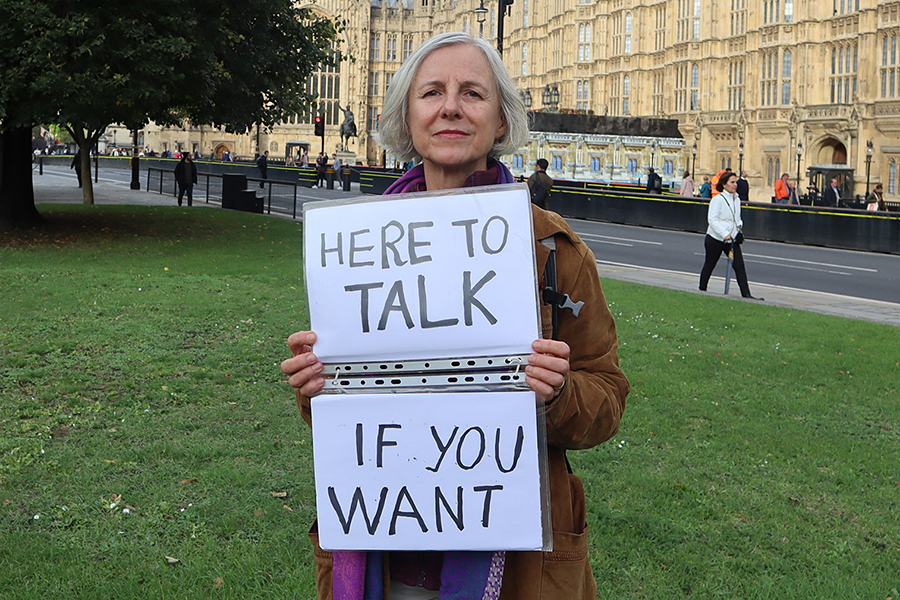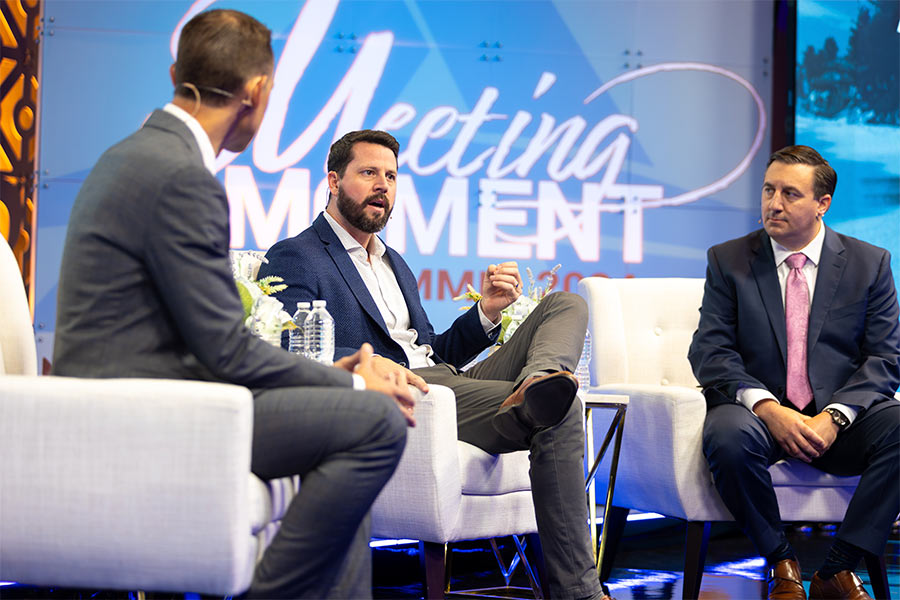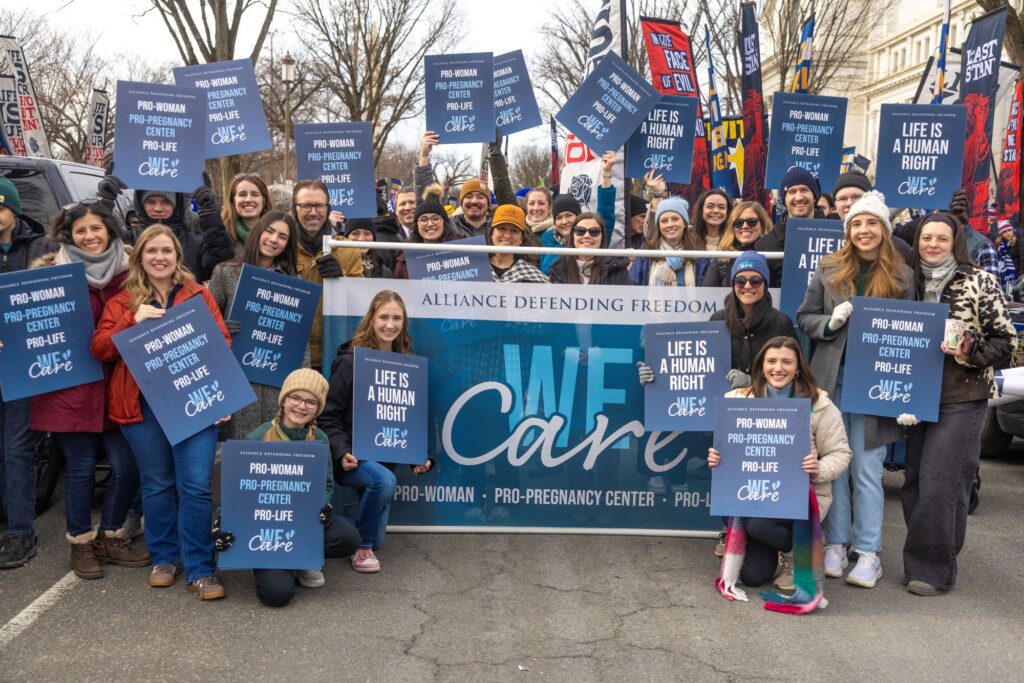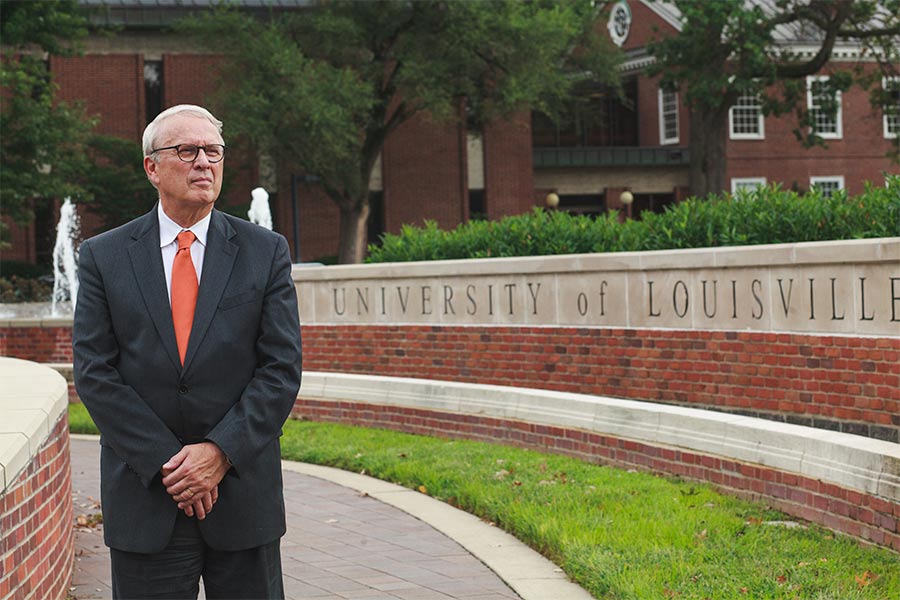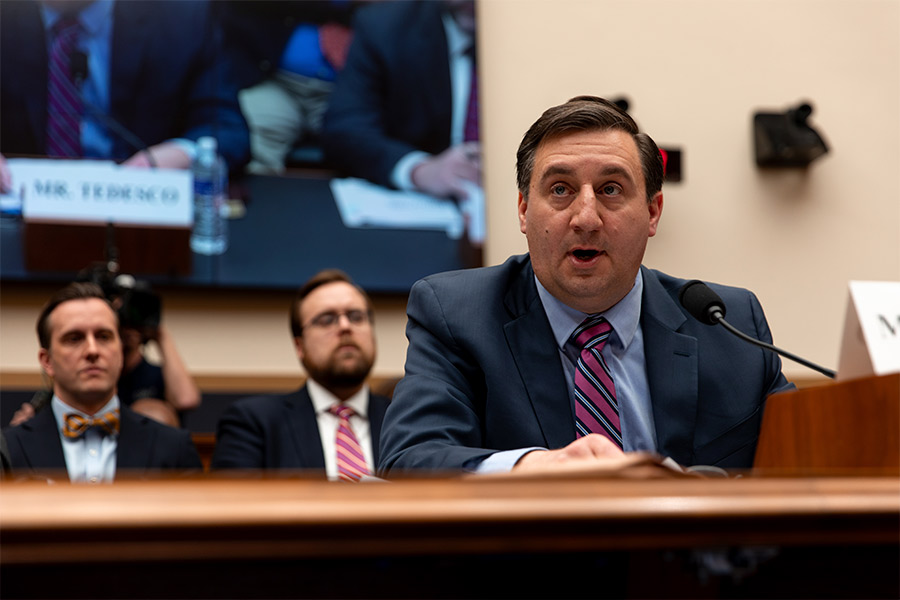
Over the past year, evidence has mounted that the federal government is attempting an end-run around the Constitution by outsourcing censorship to some of the most powerful corporations the world has ever known. Now, there is even more concrete evidence of the censorship scheme.
On March 6, the House Select Subcommittee on the Weaponization of the Federal Government released documents that show that the U.S. Treasury Department’s Financial Crimes Enforcement Network colluded with Big Banks to monitor their customers to identify domestic threats and shared a list of “hate groups” published by the hyper-partisan Institute for Strategic Dialogue to help them do so.
Echoing the discredited and morally bankrupt Southern Poverty Law Center list, the ISD list includes Alliance Defending Freedom as well as other mainstream religious and conservative organizations like Family Research Council, Liberty Counsel, Pacific Justice Institute, and Ruth Institute.
That’s right: the federal government has swept up Christian and conservative organizations in its “domestic terrorist” dragnet.
This Orwellian surveillance of American citizens has no place in a free society.
Neither does the federal government’s weaponization of the financial industry against peaceable religious and conservative groups.
Our story is just one of many demonstrating the increased threat of viewpoint-based de-banking. In 2023, Bank of America closed the long-standing bank account of Indigenous Advance Ministries, a Christian nonprofit that helps impoverished widows and children in Uganda. The bank also closed the account of a local Tennessee church that donates to the ministry. The bank claimed it no longer wanted to serve their “business type” and that Indigenous Advance exceeded the “bank’s risk tolerance.” The bank’s abrupt decision created a logistical nightmare for Indigenous Advance and inflicted real harm on the populations they serve.
JP Morgan Chase de-banked the Arkansas Family Council for being “high risk” and never provided a credible reason for canceling the account of former U.S. Sen. Sam Brownback’s organization the National Committee for Religious Freedom. And Wells Fargo denied payment processing to the pro-life group The Ruth Institute. These are some of the many instances of viewpoint-based de-banking and are likely only the tip of the iceberg.
These stories highlight the systemic risk of political and religious bias that pervades the financial industry, particularly at the largest banks and payment processors. These institutions maintain reputational risk policies that allow them unfettered discretion to punish customers who have, in their view, problematic political or religious views. Many also have prohibitions on “hate” speech and “intolerance” that require the institution to make subjective and value-based judgments on a customer’s viewpoint. Both types of policies are vague and ambiguous, sweep in broad swaths of content, chill constitutionally protected speech, and erode economic freedom.
Worse, government regulators can all too easily wield their outsized power over financial institutions to pressure them to leverage these against disfavored views—all with virtually no public accountability. Financial institutions in turn can hide behind that same shield to discriminate without ever explaining it to the customer—regardless of whether the action was prompted by government pressure.
There is ample evidence of the two collaborating to censor views they don’t like. Whether it was the DOJ and FDIC in Operation Choke Point, the state of New York in National Rifle Association v. Vullo (a case currently pending before the Supreme Court), or the recent dragnet from the FBI and Treasury, each of these incidents show that the government can and will weaponize the financial marketplace against Americans for political benefit.
Several factors exacerbate the risk: banking regulators have expansive authority over banks’ day-to-day decisions; both the government and banks have shown an unsettling willingness to increase data collection practices around customers’ speech and religious exercise; and most banking supervision is shrouded in secrecy.
The government props up many of these institutions with bailouts, subsidies, and an anti-competitive chartering system. Due in part to these benefits, the top 5 banks control over 50% of the market for deposit accounts. This only elevates the need to ensure viewpoint neutrality in the provision of financial services.
Congress needs to take action. This is an issue that we should all agree on and deserves our utmost attention. We cannot continue to let law enforcement, regulators, and banks that are too big to fail run roughshod over our First Amendment freedoms.


